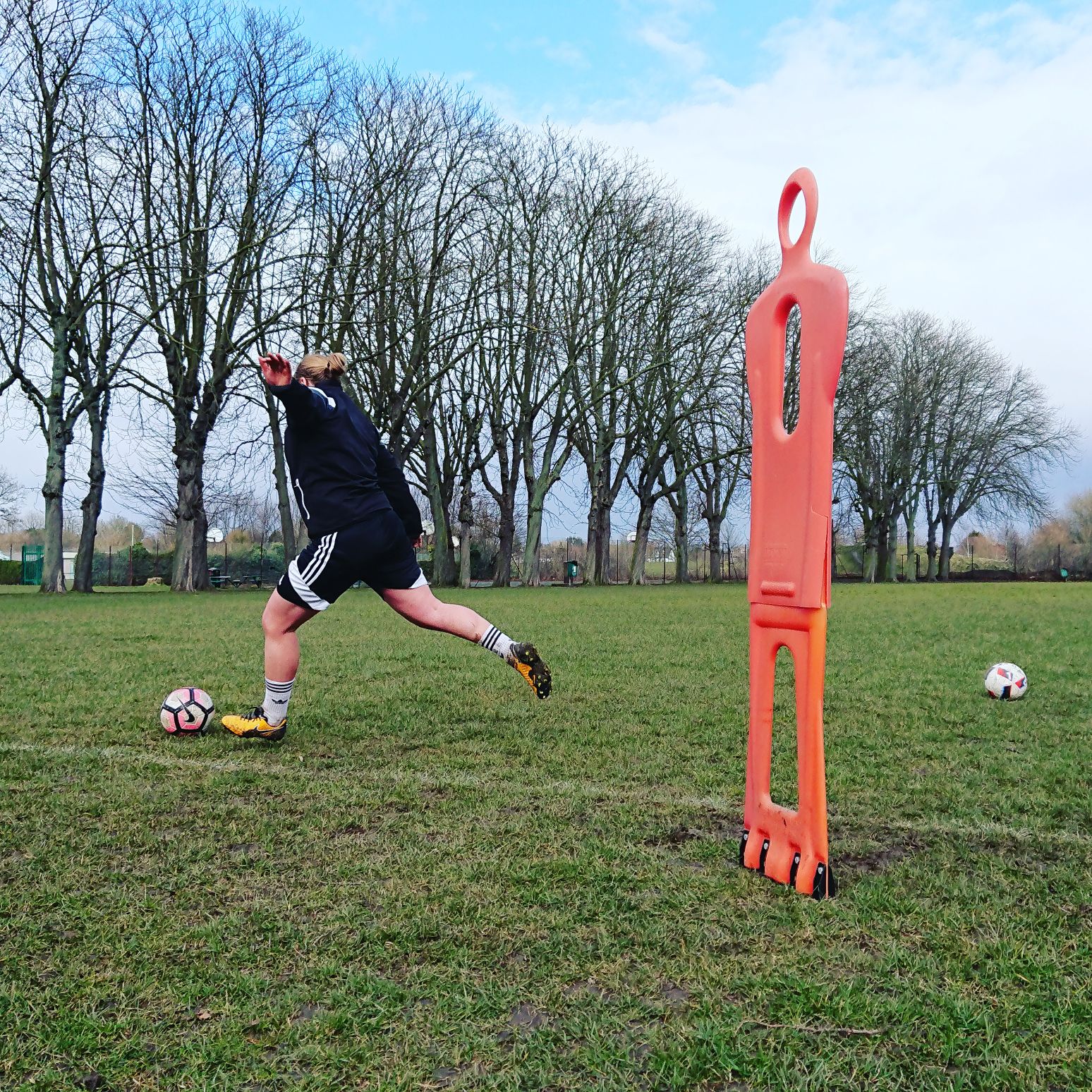Physical and mental health. They go hand-in-hand
If you’ve ever struggled with your mental health, you’ll no doubt have been encouraged to do some form of exercise. Whether it was your friends, family, GP, or a mental health professional, exercise is usually seen as one of the best self-help remedies.
But, even though it’s one of the top recommendations from health professionals of ways to improve our general sense of wellbeing, often, the advice can feel unhelpful. Particularly if you’re already feeling overwhelmed and barely have the energy to drag yourself out of bed, let alone go for a run.
I get it; I’ve been there. After a hard, mentally-demanding day, exercise can feel like the last thing on the agenda. But, I really think that exercise is perhaps the most underutilised method of self-care. In fact, the minute I started prioritising exercise as a form of self-care, my life got a whole lot better. Seriously. Exercise is now something that I look forward to, and I really crave it when it’s missing from my routine. And, it seems I’m not alone in this.

A year-long survey by England Athletics of over 13,000 people revealed that 74% of runners experienced an improvement in their mental health and wellbeing from running. That’s right, running (yes, running) can help people to manage mental health dips. And nearly 90% of those runners say that their happiness has increased as a direct result of running in a group – citing new friendships and motivation as the key reasons.
And more organisations are waking up to the idea that exercise can really benefit us, not only physically, but mentally too. In fact, thousands of people have already accessed Get Set to Go, the pilot scheme by Mind and Sport England to help people with mental health problems access and benefit from physical activity.
The scheme has provided over 3,500 people with physical activities including football, badminton, walking, and ultimate frisbee - combined with group and one-on-one peer support. Participants reported feeling more able to take part in exercise, doing so on average 1.3 days more than before the scheme. They believe the scheme also benefitted their mental health and ability to deal with anxiety, panic attacks and even suicidal thoughts.

I spoke to Happiful reader, Ruth Fox, who was 14 when she was first diagnosed with clinical depression and more recently diagnosed with moderate anxiety. She talks to me about her mental health and how sport has formed part of her coping method in working through her struggles.
What is your relationship like with exercise?
“Sport has always been my thing. I was a sporty kid, who represented my county in football, hockey and cross-country. But my heart has always been on the football pitch, I started playing as a seven year old.”
How has football helped to support your mental health?
“Football has saved my life on several occasions. When I was at my lowest, I wouldn’t get out of bed unless I had training or a game. My coaches supported me through my toughest times. Within the confines of those white lines, I could be 100% myself, and it was the only time I could get away from my own head and completely forget about everything I was going through.”
Well, a lot of the benefit we experience from exercise relates to our hormones. Counsellor Debra Allonby provides some insight:
“When we are stressed, we suffer an increase in stress hormones, which increases our anxiety levels and may result in a fight, flight or freeze response. Exercise helps to reduce these excess hormones, so that we feel more relaxed and uplifted - it really can improve our mental health in many ways.
We sleep better, we are less likely to put on weight, our memory improves and our mood lifts, our motivation improves and this, in turn, helps us to achieve our goals and ability to take good care of ourselves.”
Debra agrees. “Exercise can be very effective in helping you to recover from a mental health condition, as it is known to reduce stress, anxiety and depression. Just being in the fresh air helps you feel more mindful and in touch with the world. It helps you to meet other people and feel connected again, therefore reducing isolation and increasing confidence and self-esteem.
It can also be a great distraction from your worries and the uplift in mood can give you a clarity and a new perspective. Maintaining a more active lifestyle can help to prevent future mental ill health, as it reduces isolation and stress, thereby decreasing the risk of anxiety and depression, whilst improving your mood,” says Debra.
Of course, it’s not all plain sailing; just by incorporating regular exercise into your life, this doesn’t mean you won’t still face struggles with your mental health. But, it can act as a preventative measure and can help to support you through times of mental ill health.

I ask Ruth if her mental health has ever got in the way of her playing football.
“I recall one day vividly. I had a game, so I got in my car ready to go, and I just broke down. I had to call my coach in tears and tell him I couldn't play.”
How did your team provide you with support you through this time?
“My team were so supportive during this time. It wasn’t even about what they said, but more that they just kept supporting me, no matter how tough things got. They didn't judge me for having suicidal thoughts or for self-harming, they just kept me going. They made me feel that things would be better, that I was strong, and that I didn't have to fight alone. They were just there for me, believed in me and I know they're always there if I need them again.”
Debra gives her advice to Happiful readers:
“When you’re feeling tired, depressed, anxious and overwhelmed by it all, it’s not the easiest time to begin to use exercise as a form of self-care. In order to feel better though, we have to push ourselves through these barriers to get out and exercise, which is difficult at first but it does get easier the more you do so.
Imagine a brick wall around you, made up of your fears, anxiety, depression, isolation and other mental health issues. Think of ways you can push just one brick away each day, like making sure you get out of the house, even just for a short walk. Soon enough there will be no brick wall and no barriers to your wellness. Exercise can be gentle and at your own pace - just the act of getting out there makes you feel better - being part of the world again.
You don’t have to be sporty to exercise - just taking a nice leisurely walk will make you feel so much better. Make exercise a part of your daily routine - look after yourself - you deserve it.”
If you’re struggling with your mental health, visit Counselling Directory to find suggestions and advice that can help.


Comments